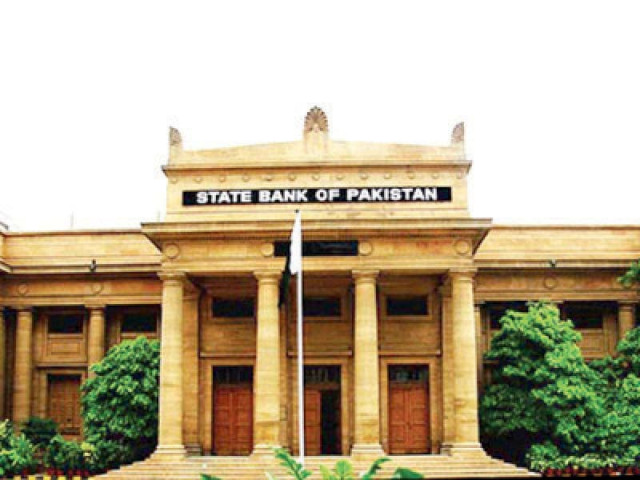Uncertainty major contributor to inflation: SBP
Says driver of inflation during ongoing episode has been fiscal policy

Pakistan’s central bank has reported that political and economic uncertainty has played a leading role in driving the inflation rate to a multi-decade high, while commodity prices, surprisingly, have had a positive impact on recent inflation readings in the country.
In its study titled ‘Inflation Dynamics in Pakistan: Determinants and Structural Challenges’, the State Bank of Pakistan (SBP) stated, “The change in global commodity prices has also had a positive and significant impact on inflation between FY06 and H1 (first half of) FY24.”
“In recent years, uncertainty has increasingly been understood as a major contributor to inflation.”
The study presented a graph showing that political and economic uncertainty has remained the single largest reason behind the benchmark monthly inflation rate (measured through CPI/consumer price index) spiking to a multi-decade high of 38% in May 2023. This uncertainty continued to top the list of drivers of high inflation until the country held parliamentary elections in February 2024.
In addition, fiscal stance (government spending and taxation), rupee depreciation, and inflation expectations were other leading causes of high inflation in the country since FY23. While floods and droughts had a nominal positive impact on the high inflation rate during the year.
“Government borrowing, inflation expectations, political and economic uncertainty, and exchange rate depreciation have been the leading drivers of inflation since 2020,” the central bank said in the study.
However, the impact of commodity prices on inflation fluctuates, tracking movements in global prices. Moreover, the cumulative pass-through of global commodity price hikes on inflation has been marginally positive in the initial months, attributed to implicit and explicit subsidies on oil prices — which dominate the global commodity index.
Historically, such elements have impacted inflation readings differently during different time periods in Pakistan, according to the central bank study.
Ongoing episode FY20
to H1FY24
Unlike the previous episode, money supply (excluding budgetary borrowings) has not been a major contributor to inflation in the ongoing episode, although its contribution was noticeable in FY18 and FY19.
During the peak pandemic years FY20-21, its contribution to inflation decreased compared to the preceding two years, despite growth in private sector credit amid monetary easing. Following the reversal of monetary policy easing and continuous tightening since FY22, the estimated contribution of money supply (excluding budgetary borrowings) to inflation has turned negative.
Instead, the prominent driver of inflation during the ongoing episode has been fiscal policy, particularly after FY21 amid high fiscal deficits. Uncertainty emerged as the second-largest contributor during the current inflationary episode.
“While the uncertainty in FY20 may be attributed to the onset of Covid-19, that during FY22 and onward reflects heightened political and economic uncertainty in the period leading up to the general elections of 2024.”
Inflation expectations and exchange rate depreciation have also contributed significantly. The former may be attributed to exchange rate depreciation, and the consistent rise in global commodity prices until the first half of FY23. The estimated contribution of commodity prices to monthly and annual inflation spiked following the post-pandemic global price hike and the onset of the Russia-Ukraine conflict in FY21 and FY22, respectively. But its impact waned following the softening of commodity prices, particularly visible from the second half of FY23 until December 2023.
Inflation outlook
The inflation reading has decelerated to a two-year low at 17.3% in April 2024. It is projected to further slow-down to 13-13.5% in May 2024 due to a decrease in food prices and the base effect compared to the multi-decade high of 38% in May 2023.
Inflation expectations, which remain in double digits, have led to a strong outlook that the central bank will cut its policy rate (interest rate) on June 10, 2024, from the record high of 22% maintained since late June 2023.
Published in The Express Tribune, May 23rd, 2024.
Like Business on Facebook, follow @TribuneBiz on Twitter to stay informed and join in the conversation.



















COMMENTS
Comments are moderated and generally will be posted if they are on-topic and not abusive.
For more information, please see our Comments FAQ